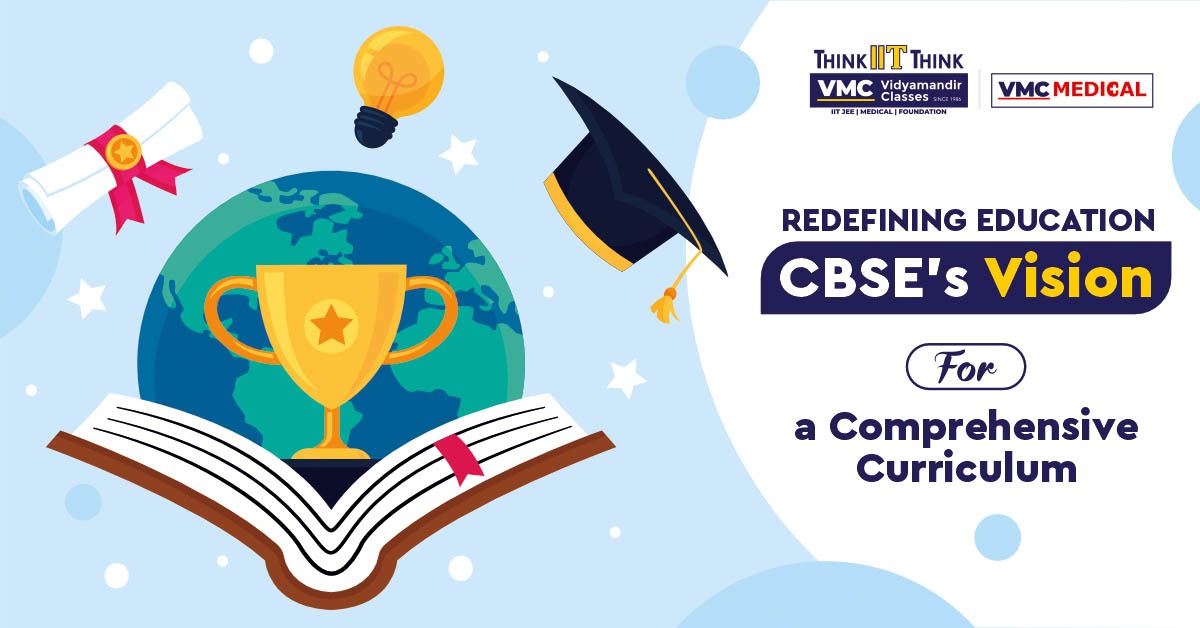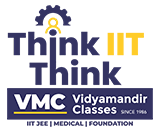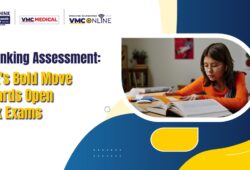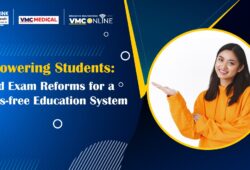Redefining Education: CBSE’s Vision for a Comprehensive Curriculum
 Posted On
Posted On
80 total views, 1 views today
In a significant move towards enhancing the academic landscape, the Central Board of Secondary Education (CBSE) has unveiled a series of proposed reforms aimed at reshaping the traditional structure of secondary and higher secondary education in India. As reported by The Indian Express, these proposed changes encompass a broad spectrum of revisions, ranging from the number of languages studied to the subjects offered, all underpinned by the goal of fostering a more inclusive and comprehensive educational framework.
One of the pivotal modifications put forth by the CBSE is the transition from studying two languages to three in Class 10. Notably, it is mandated that at least two of these languages must be indigenous to India, reflecting a concerted effort to promote linguistic diversity and cultural inclusivity among students. This move not only broadens students’ linguistic repertoire but also serves as a testament to the rich tapestry of languages that form the fabric of Indian society.
Moreover, there is a proposed adjustment in the passing criteria for Class 10 students, elevating the requirement from passing in five subjects to 10. This shift signifies a more holistic approach to assessment, wherein students are evaluated across a broader spectrum of subjects, thereby providing a more comprehensive measure of their academic proficiency.
Similarly, in Class 12, the suggested revisions entail students studying two languages instead of one, with the stipulation that at least one language must be indigenous to India. Consequently, students would need to pass examinations in six subjects rather than five to successfully complete high school, aligning with the overarching objective of fostering a well-rounded and multifaceted educational experience.
The proposed changes are not merely isolated amendments but are part of a larger endeavor by the CBSE to introduce a national credit framework in school education. This framework aims to bridge the gap between vocational and general education, facilitating seamless transitions between the two educational streams as envisaged in the National Education Policy 2020.
At the heart of this proposed credit-based system lies the concept of “notional learning,” which refers to the estimated amount of time required for a typical learner to achieve specific learning objectives. Under this framework, a full academic year would consist of 1,200 notional learning hours, or 40 credits, encompassing both academic teachings and extracurricular or non-academic pursuits.
To operationalize this framework, the CBSE has delineated learning objectives and credit requirements for each subject, thereby providing a structured roadmap for students to navigate their educational journey. Furthermore, the introduction of an Academic Bank of Credits, accessible through a connected Digilocker account, will digitally record the credits earned by students, independent of their grades, thus offering a comprehensive snapshot of their academic accomplishments.
In tandem with these structural reforms, the CBSE has proposed the addition of more subjects to the secondary and upper school curricula, including vocational and transdisciplinary courses. This expansion aims to broaden the academic horizon of students and equip them with a diverse skill set essential for navigating an ever-evolving socio-economic landscape.
For Class 10 students, the revised curriculum under the credit-based system entails passing examinations in 10 subjects, comprising seven main subjects and three languages, as opposed to the existing five subjects. These main subjects encompass a spectrum of disciplines including Mathematics and Computational Thinking, Social Science, Science, Art Education, Physical Education and Well-being, Vocational Education, and Environmental Education.
Similarly, for Classes 11 and 12, students would be required to study six subjects, including two languages and four elective subjects, with the option of an additional fifth subject if desired. Importantly, one of the two languages must be an Indian native language, underscoring the significance of preserving and promoting indigenous languages.
The proposed reforms were disseminated to all heads of CBSE-affiliated institutions towards the end of last year, with a solicitation for feedback by December 5, 2023. This inclusive approach underscores the collaborative nature of the reform process, wherein stakeholders are actively engaged in shaping the future trajectory of Indian education.
Final Thoughts
In conclusion, the proposed reforms put forth by the CBSE herald a paradigm shift in the Indian educational landscape, characterized by a holistic, inclusive, and credit-based approach aimed at nurturing well-rounded individuals equipped with the requisite knowledge, skills, and competencies to thrive in the 21st century. By embracing linguistic diversity, broadening the academic horizon, and fostering a seamless transition between vocational and general education, these reforms epitomize a progressive vision for the future of education in India.




